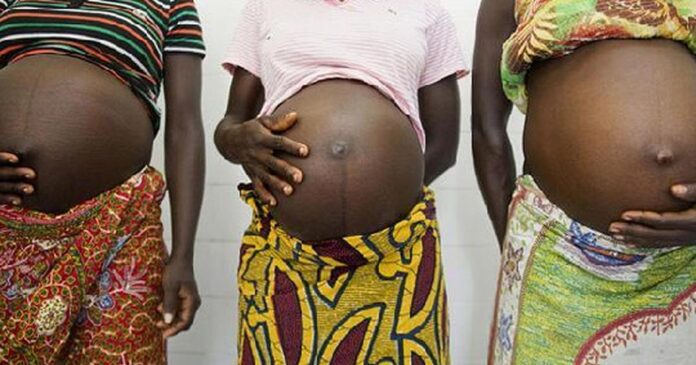Teenage pregnancy remains a growing concern in Nigeria, with significant factors contributing to its rise. Mrs. Roseline Akinlabi, Adolescent Desk Officer at the Osun Primary Health Care Board, highlighted child marriage, peer pressure, sexual violence, and early menstruation as primary causes. She explained these challenges during an awareness event hosted by The Challenge Initiative (TCI) in Osogbo.
Akinlabi referenced data from the United Nations Children’s Fund (UNICEF), which revealed that Nigeria has one of the highest teenage pregnancy rates worldwide. The statistics show that around 19% of girls aged 15 to 19 have already started childbearing.
Teenage pregnancies often lead to severe health complications such as eclampsia, infections, and pregnancy-induced hypertension. Additionally, they can cause emotional distress, including anxiety and depression, as well as hinder educational and career opportunities. Akinlabi also noted that early pregnancies are associated with unsafe abortions, physical abuse, and denial of fundamental rights.
Adolescence is a critical phase for personal and physical development, with many girls experiencing puberty and forming their identities during this time. However, challenges like limited access to contraception and misinformation exacerbate the problem. According to the World Health Organization (WHO), adolescent pregnancies refer to those occurring in females under 20 years of age.
To address this issue, experts advocate for strategies such as empowering girls, improving access to contraception, and providing comprehensive sex education to reduce teenage pregnancy rates in Nigeria.

